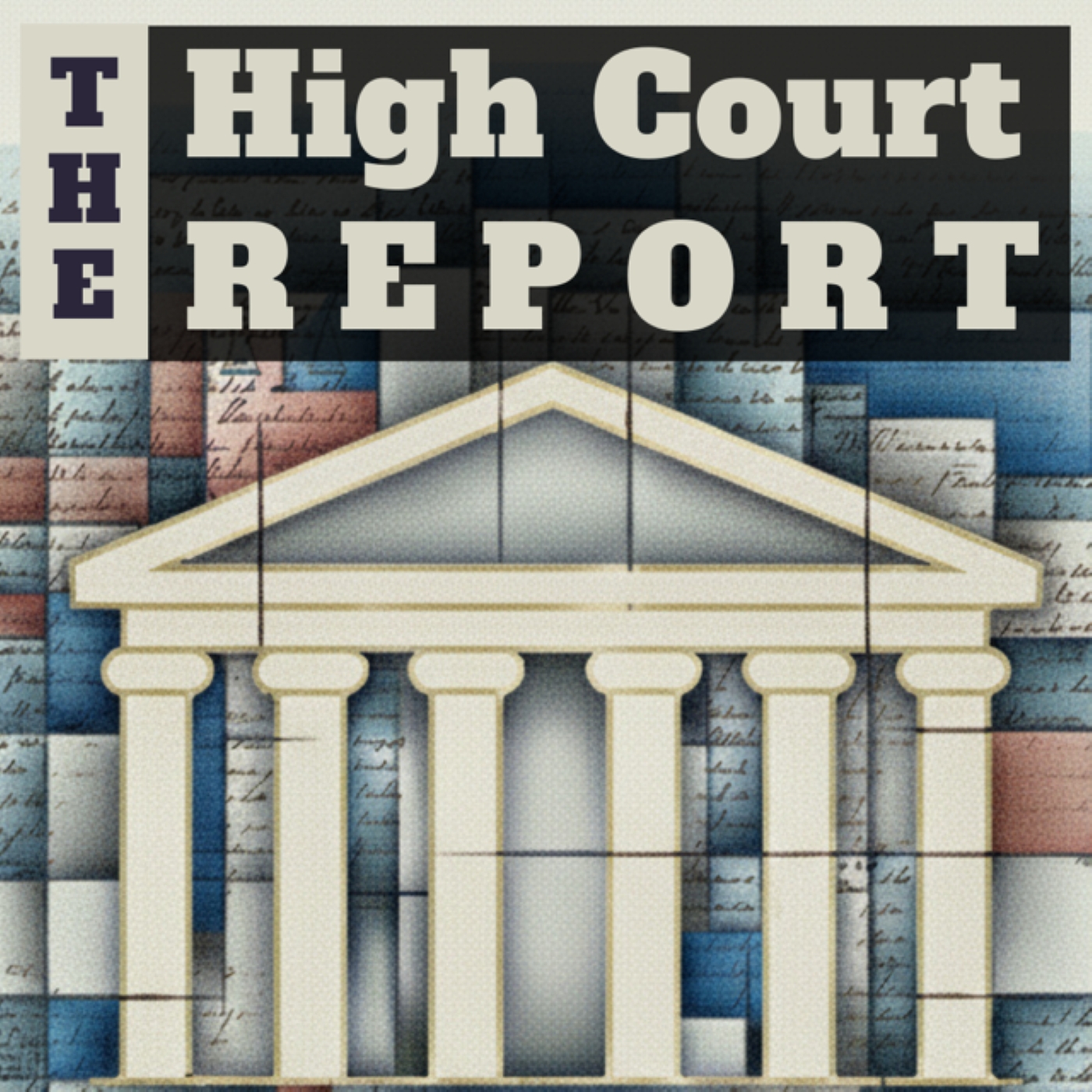Supreme Court Roundup: Decisions, Emergency Actions, and New Grants
Podcast: SCOTUS Oral Arguments and OpinionsPublished On: Mon Jun 09 2025
Description: Supreme Court Roundup: Decisions, Emergency Actions, and New GrantsIn this episode, we analyze the Supreme Court's recent activities across three key areas:Six unanimous decisions released on June 5th, 2025Two significant emergency docket interventions involving DOGEThree major cases granted certiorari via June 6th, 2025 OrderJune 5, 2025 Unanimous DecisionsRemarkable consensus: 5 unanimous decisions, 1 8-1 dismissalStrategic clearing of non-controversial cases with 30 contentious cases pendingJustice Thomas's concurrences in 5 of 6 cases challenging judge-made doctrinesHeavy focus on procedural rules as proxies for deeper policy debatesEmergency Docket Actions1. U.S. DOGE Service v. CREW: Court limits discovery of internal executive communicationsCourt orders narrowing of discovery rather than outright prohibitionDecision based on separation of powers principlesJustices Sotomayor, Kagan, and Jackson dissented2. Social Security Administration v. AFSCME: Court allows DOGE access to sensitive SSA recordsJustice Jackson's forceful dissent highlighting privacy concernsLower courts' compromise solution rejected by majorityConcerns about disclosure of personal data without legal determinationCertiorari Grants1. Coney Island Auto Parts v. Burton | Case No. 24-808Docket Link: HereQuestion Presented: Whether a motion to vacate a void judgment under Rule 60(b)(4) must be filed within a "reasonable time"Key Facts: Coney Island claims improper service six years after default judgmentPetitioner's Argument: Void judgments are legal nullities from the start; no time limit should applyRespondent's Argument: Rule 60(c)(1) explicitly requires "reasonable time" with no exceptionsStakes: Balance between jurisdictional principles and need for legal finality2. Rutherford v. United States | Case No. 24-820 (Consolidated with Carter v. United States | Case No. 24-860)Docket Link: HereQuestion Presented: Whether the Sentencing Commission exceeded its authority in allowing courts to consider non-retroactive changes in law as "extraordinary and compelling reasons" for sentence reductionKey Fact: Carter received 70-year sentence under pre-First Step Act "stacking" provisions that would result in much shorter sentence todayPetitioner's Argument: Commission has broad authority to define "extraordinary and compelling reasons"; gross disparities qualifyGovernment's Argument: Commission can't circumvent Congress's decision not to make First Step Act retroactiveStakes: Potential relief for hundreds of federal prisoners serving lengthy "stacked" sentences3. Hamm v. Smith | Case No. 24-872Docket Link: HereQuestion Presented: How courts should apply the clinical definition of intellectual disability when all IQ scores are above 70Key Fact: Smith has five IQ scores (75, 74, 72, 78, 74) all above 70 but significant adaptive deficitsPetitioner's Argument: Multiple IQ scores above 70 should preclude
The note was deleted
The note was saved
Your message was sent
